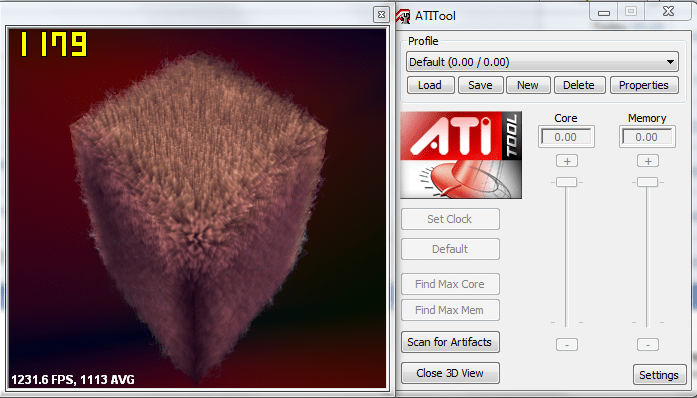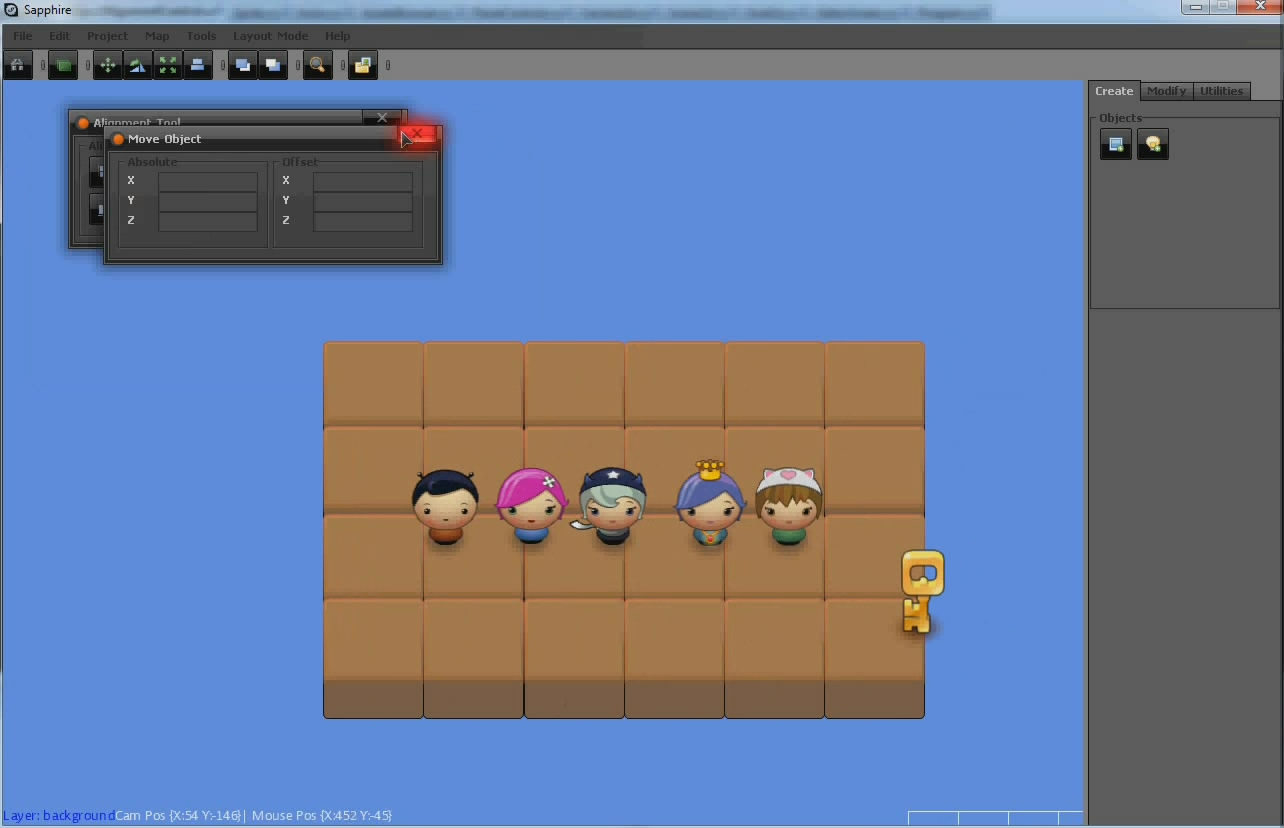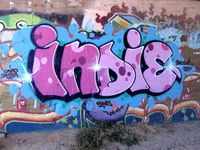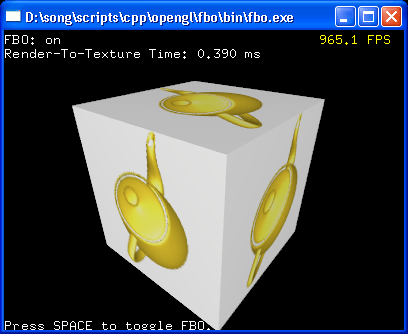
something new in the horizon...
So I’ve been out for quite some time, and this is just a quick update. First, I have tones of unread, thus answered emails on my inbox. I haven’t managed to go through that lately. I usually scroll to see if there’s a really urgent one, I will eventually read them all. I decided to quit my current job, my last day is October 31st. I couldn’t glimpse a very promising carrier there and I practically staggered learning-wise for the past months due to the type of work we develop so yeah, that’s it. ...








